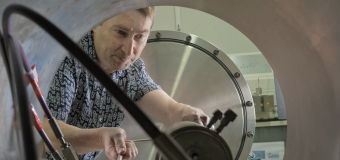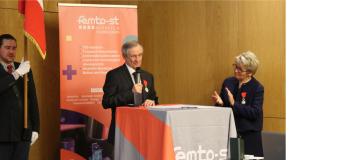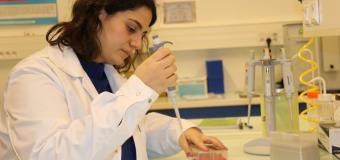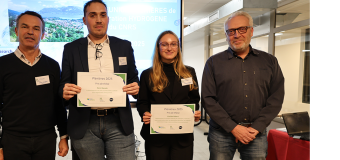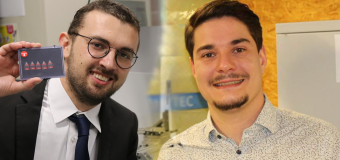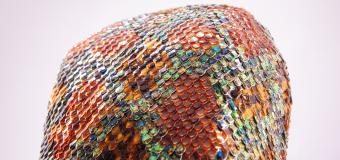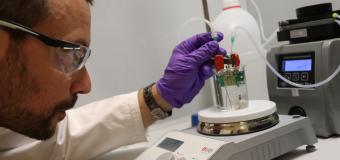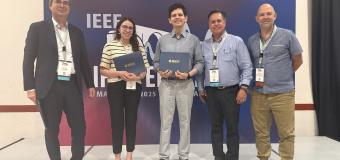Fiber optic sensors: a technological leap thanks to quantum photon counting
Researchers at FEMTO-ST have extended the range of fiber-optic temperature sensors to 150 kilometers, using photonic detection technology derived from quantum physics.
Real-time monitoring of energy networks, particularly offshore wind farms, increasingly relies on distributed fiber optic temperature sensors. These sensors use a pulsed laser injected into an optical fiber, causing temperature-related backscattering of light through a phenomenon known as Brillouin scattering. By analyzing the frequency variations of this scattered light, it is possible to map the temperature along the entire length of the optical fiber.
However, this technology has until now come up against a range limit, generally set at 80 km for commercial systems, due to optical losses and electronic noise in the detectors.
Recent work carried out at FEMTO-ST in collaboration with the Swiss company Omnisens (Prysmian Group) has made it possible to extend this limit to 150 km without intermediate optical amplification. This was achieved by using Single Photon Avalanche Detectors (SPAD), capable of counting photons with extremely low noise. By combining this technology with optimized measurement time, the researchers achieved a spatial resolution of 20 meters over the entire distance, in just one hour of measurement.
An analytical model developed from these experiments suggests that the range could be further extended to 200 km, which would be a new world record for this type of sensor.
This technological breakthrough, achieved as part of Maxime Romanet's thesis, is part of the cross-border INTERREG VI DISTANCE project, which brings together several Franco-Swiss players in photonics and energy monitoring. It also opens up promising prospects for other fields requiring high sensitivity, such as lidar systems and scientific imaging.
This work was published last February in the journal OPTICA : https://doi.org/10.1364/OPTICA.549392
Contact at FEMTO-ST : Jean-Charles BEUGNOT



